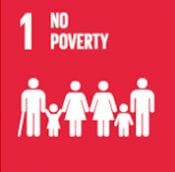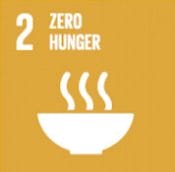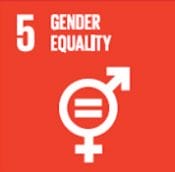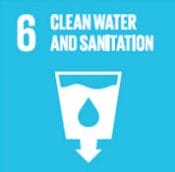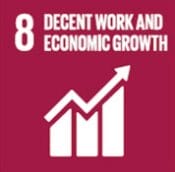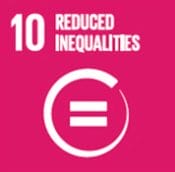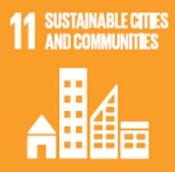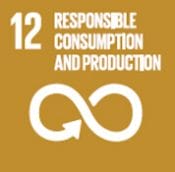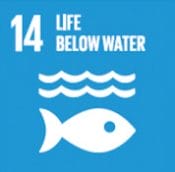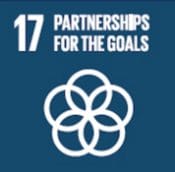UN Development Goal:
Zero Hunger
821 million people around the world are undernourished, 151 million of them are children
Due to conflict, drought, and climate change, this number is on the rise. Hunger prevents children from going to school and reduces adult productivity and contribution to their communities, leading to a massive barrier for a country’s development. It is essential that nations work together to invest in small scale farmers, sustainable agriculture, and access to land to move towards positive impact.
Make an Impact on Zero Hunger
Take Action!

Provide Resources for Female Farmers – If women farmers had the same resources as men, the number of hungry people in the world could be reduced by up to 150 million.
1 of 1
Introduce More Nutritious Food Options – Insufficient nutrition is a poverty trap to many of the global poor. Low nutrition greatly impacts one’s ability to do physical work and is the cause of 45% of deaths in children under the age of 5 (3.1 million children each year).
1 of 1
Implement Incentive Projects – Incentive projects help meet the goals of Zero Hunger while also hitting the objectives of another UN Sustainable Development Goal. Implementing projects strategically can incentivize communities to feed their families and themselves nutritiously and regularly.
1 of 1Sample Projects

An Egg A Day Project – Past groups have purchased chickens for schools to provide children with 2 eggs each day — one for the child to eat at school and one to take home to their family.
1 of 1
Groups have gifted livestock to communities to provide them with animal byproducts such as eggs and milk.
1 of 1
Introduce moringa plants into communities. Moringa seeds are nutrient dense and offer an immense amount of vitamins, calcium, iron and essential amino acids.
1 of 1